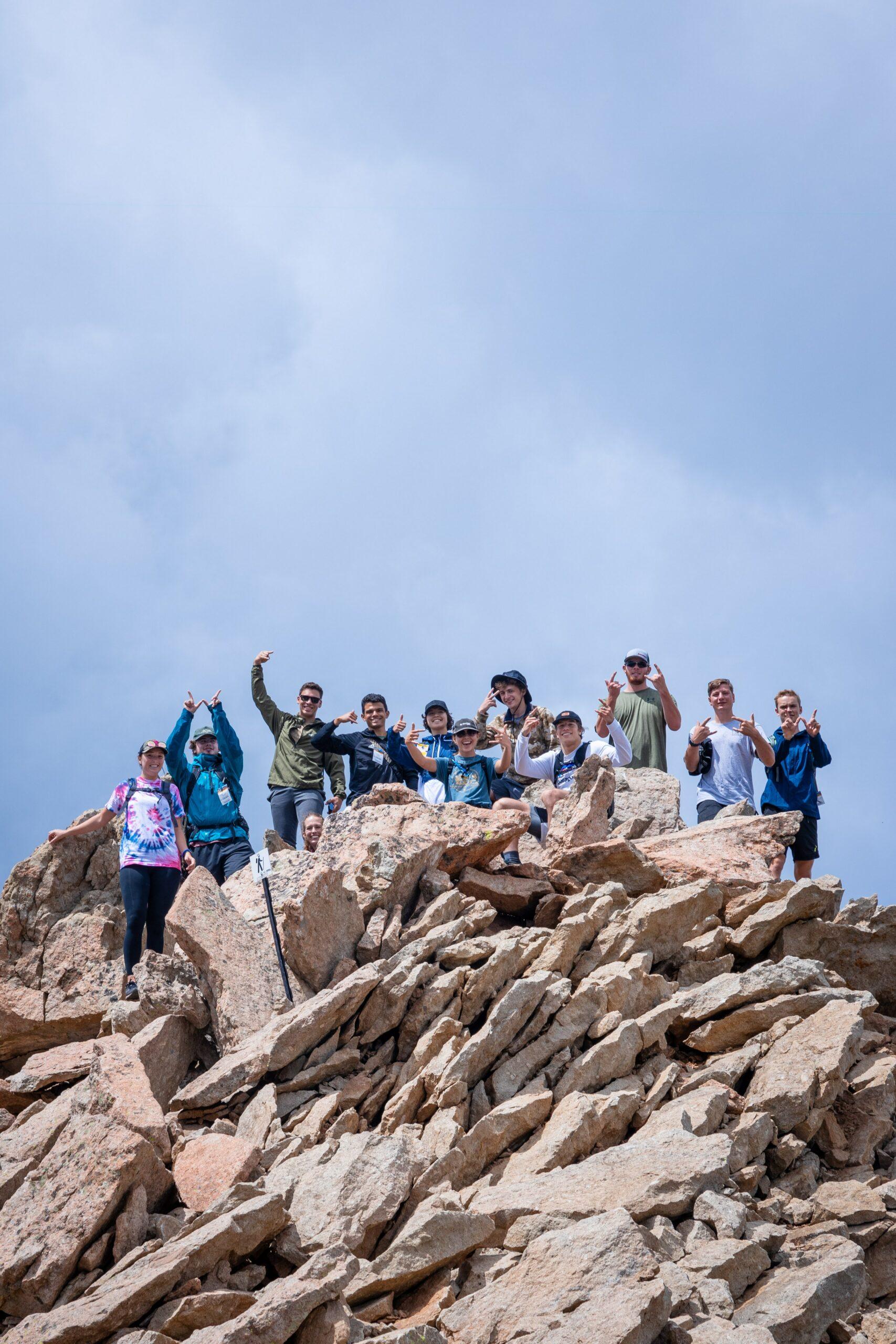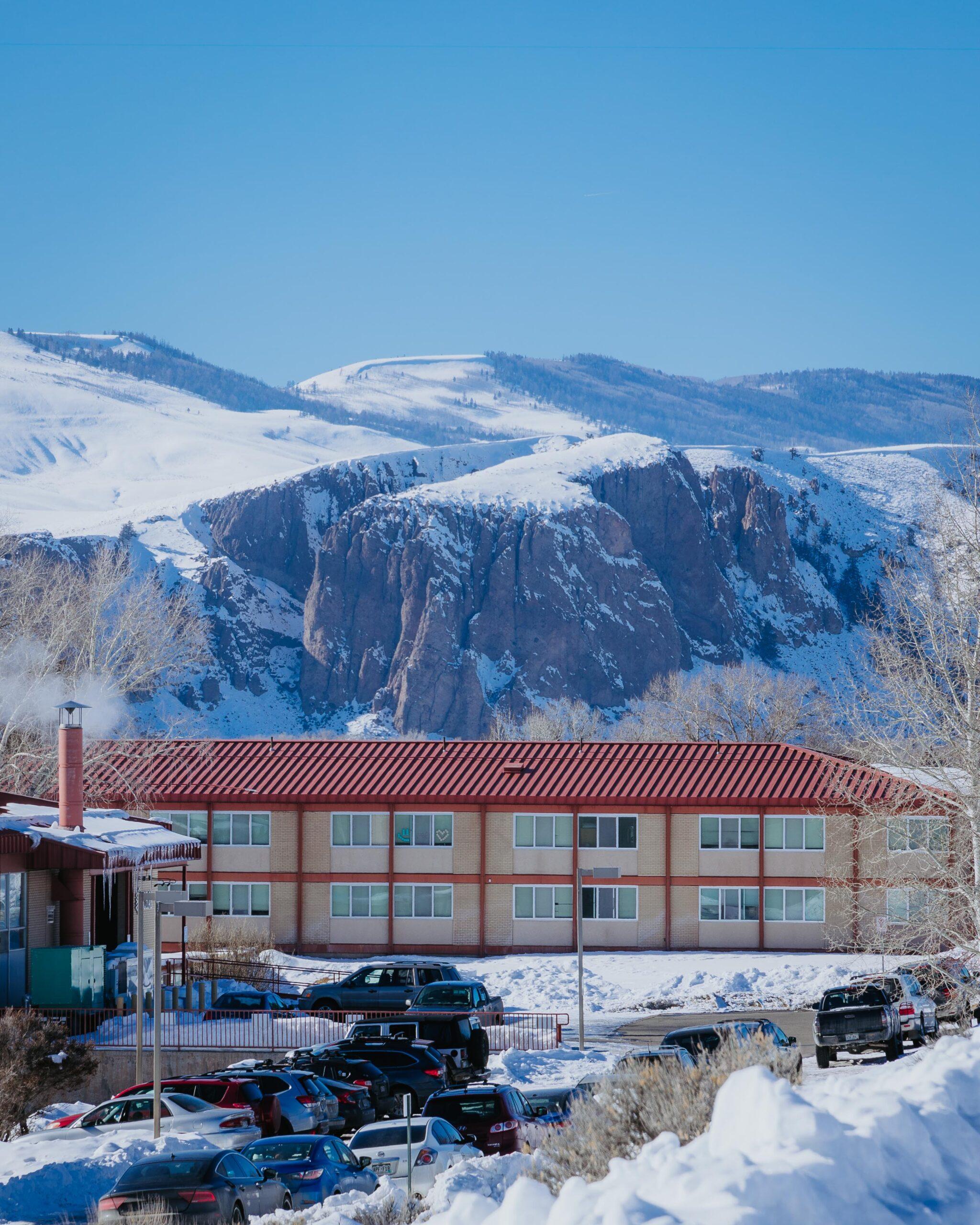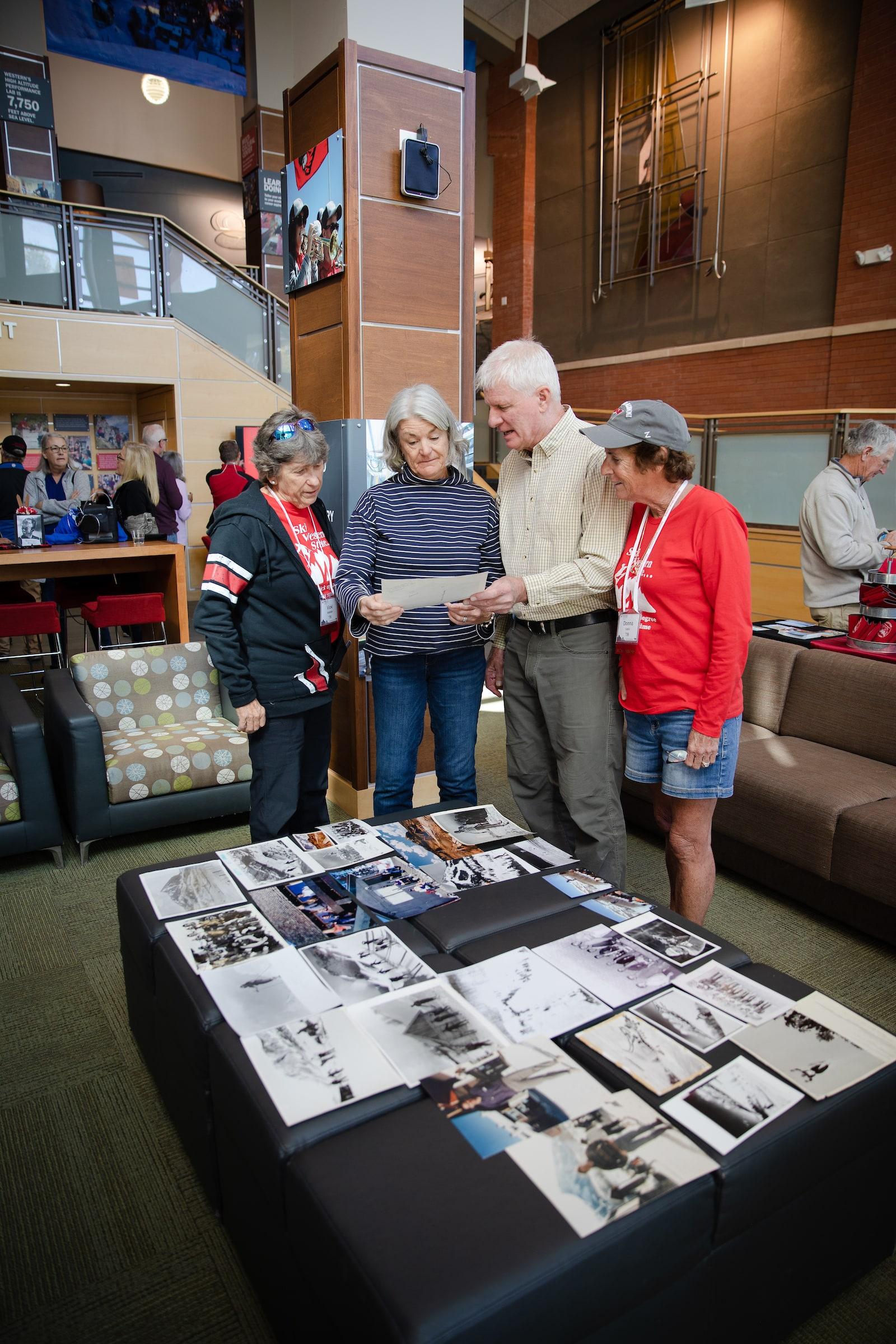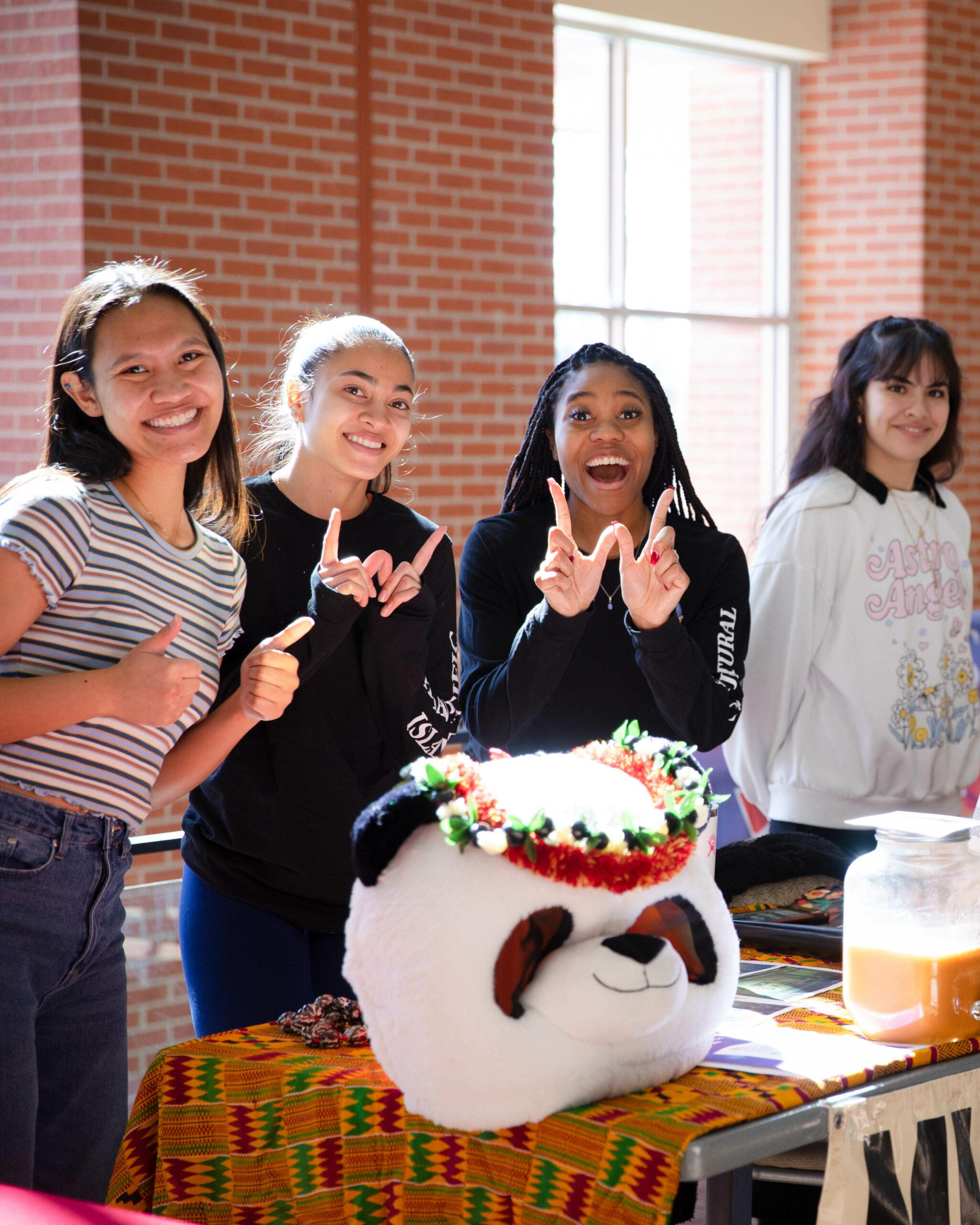Global Sustainability Electives
Sample electives, electives vary each year.
Global mountain regions provide the basis for human livelihood and ecosystem services as they provide 80 percent of the water we use, possess 25 percent of the biodiversity and are 20 percent of the planet’s landmass. Cultures around the globe consider mountains sacred. We will explore how innovation in the mountainous, high altitude Monteverde region in Costa Rica leads to ecological and economic solutions through the creation of preserves and corridors to promote biodiversity and tourism. Students from the MEM program and from Costa Rica will join together to learn from scientists, farmers, businesses, and non-profits about how the country’s green policies and climate change impact people and the land. We will learn about the challenges and successes of community organizations and individuals promoting ecotourism, agritourism, and academic tourism. The course includes a service project and a significant hike through one of the newest biological corridors in the country connecting mountain landscapes to the coastal communities.
This course has an international field component in Puebla, Mexico. The course seeks to help you develop and hone the universal and marketable skills necessary to assessing, understanding and communicating the impacts associated with infrastructure-based resource production, resource use, as well as possible infrastructure alternatives within a global-to-local supply-chain. This will allow us to better understand the implications that infrastructure has on community sustainability and resilience. We will approach our learning through the dynamic learning and application of material flow accounting (MFA) and life-cycle analysis (LCA).
What is resiliency? Why is it an important part of sustainable development? How can we draw wisdom and knowledge about resiliency from diverse communities, cultures, and livelihoods? These are the core questions to be explored in this international, field-based ENVS course in India. The importance of traditional knowledge systems, socio-ecological relationships, and spiritual connectedness to landscapes will be explored through a place-based resiliency curriculum. Our group will travel to two mountain communities in the Himalayas of India, learning about the region, the culture, and a variety of sustainable development issues. The curriculum emphasizes the interdependence and interconnectedness between individuals, their community and natural systems. This course will provide a unique experiential learning environment and reward students with new perspectives for approaching the environmental, social, and economic issues which face our global societies today.
As the environmental leaders of the future, MEM students require the ability to effectively communicate the importance of their work and market their efforts to increase their success. This course will provide skills and tools needed for students to market products, services and causes which benefit society. Discussions around issues such as ethics and critiques of current marketing efforts will ensure a holistic assessment of the topic area is addressed. Two field experiences are required that can be completed anywhere in the world.
This course is a survey approach to analyzing environmental strategic alliances. Students consider why and when such alliances should be formed and examine relationship sources, needs, dynamics, communication, psychology, persuasion, alternative dispute resolution techniques, and HR team building. The class will focus on the strategies and best practices organizations adopt to build innovative partnering strategies, efficiently and responsibly manage those relationships, develop and evaluate systems and strategies, and build effective teams and work environments. Students learn leadership skills that foster a culture of innovation and creativity within an organization, utilizing principles from a variety of approaches including systems, design, and group thinking. Students explore case studies in relationship innovation, creativity, and entrepreneurship in private, government, and nonprofit sectors from around the world.
This future-looking course will introduce the various sustainability related conceptions of the development and design of human systems with an emphasis on current trends in nature-inspired innovation and regenerative solutions. Students explore topics and tools associated with regenerative theory, biomimicry, cradle to cradle, industrial ecology, circular economy, etc. The course is designed to be primarily asynchronous and online with one required meeting per week. All field experiences can be completed anywhere in the world.
The ability to combine maps, remotely-sensed imagery, and numerous other data sources with the capability of computers to store a lot of information and quickly manipulate, analyze and display results become essential in the field of environmental management. In this course we review, then build on the foundations, basic concepts, and techniques of geographic information systems (GIS) introduced in earlier courses. The second half the course focuses on use of satellite imagery and analysis techniques. Students new to GIS will be offered an intensive “GIS Bootcamp” for the first half of the course. The class is project oriented and uses ArcGIS as the primary software but will also introduce a variety of open source and smart phone apps.
The world’s growing population demands ever increasing supplies of oil and gas, energy, minerals of every description and other raw materials. Development of those natural resources often comes with conflict between developers and local communities who feel threatened or aggrieved by their impacts. These conflicts at the extreme become violent. Even when they are not overtly violent, they may impose enormous costs on investors, on governments hoping for revenues from these projects, and on the communities suspended in long term uncertainty over their future. This class examines the root of these conflicts and examines methods that reduces conflict while respecting the interests and concerns of all stakeholders. Note: Some required field experiences; distance and 3+2 student options provided.
Sustainability transitions refers to changing the way natural resources are developed so that they are obtained in a manner that protects people, the planet and provides for long-term prosperity. Sustainable development of natural resources allows society to meet its current needs for water, energy and minerals without compromising the ability of future generations to meet their future needs. This class will examine the past methods for natural resource development and investigation future scenarios for meeting resource needs in a sustainable manner. The course is designed to be primarily asynchronous and online with one required meeting per week and with field experiences.
Take the Next Step

Apply to Western
We understand that applying to a university can be daunting, which is why we make our admission process as simple and straightforward as possible. Learn more about applying to your program of choice at Western.

Visit Western
The best way to find out what makes Western such a special place is to experience it for yourself. Our student-led tours give you an insider’s perspective on everything from academics to student life.

Alumni Community
We keep the Mountaineer spirit going strong within our alumni community. Whether getting together with friends at an annual event, making a donation or mentoring a student, graduates continue to play an important role in the Western community.

Request Information
Want to discover more about Western? Request information today to get in touch with the admissions team.
